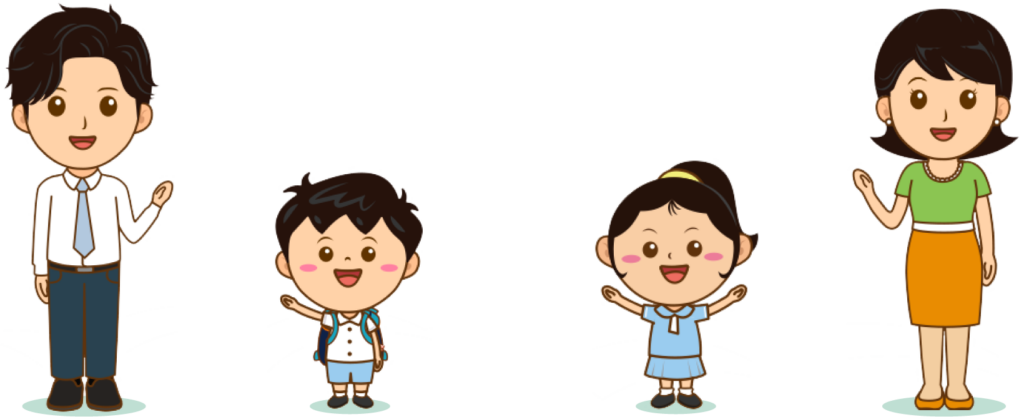
Written by: Ms. Chan-Chen Shu-an, Early Childhood Education Specialist
Children are young and innocent, lacking the ability to discern right from wrong or make sound judgments. They are entirely at the mercy of adults, immersed in the family, school, and social environments that are cultivated by elders. The author often feels that children are the most innocent, and therefore, the responsibility of educating the next generation is truly inescapable.
Firstly, the author does not oppose learning foreign languages, as she firmly believes that knowing an additional language is akin to having an extra key for communication, academic pursuits, and knowledge expansion. Furthermore, the author strongly agrees that the earlier one learns a language, the better, especially when it comes to language pronunciation, as it becomes increasingly difficult to master as one grows older.
What is “Biliteracy and Trilingualism”?
The “Biliteracy and Trilingualism” provided by the Hong Kong Education Department is Chinese, English; Cantonese (mother tongue), English and Mandarin (Putonghua).

Objectives of Kindergarten Education
Early childhood education is the foundation of education for human beings. When a baby is born, the first person they interact with is their mother, and the mother is also the first teacher. Therefore, the language used for communication is the mother tongue, which is the language used by the mother and the common language in the family and society. Consequently, the primary objectives of kindergarten education in all countries, for children under the age of 6, are focused on the healthy development of the child’s mind and body, as well as the development of the child’s language skills.
Importance of the Mother Tongue
All countries in the world use the mother tongue as the medium of instruction. Children must first master their mother tongue, and only later, in the upper grades of primary school or even in secondary school, can they choose to learn a foreign language under the guidance of a specialized teacher. Unless they are the subjects of a colonial power, in which case they would need to learn the language of the ruling country, such as Vietnamese students learning French in the past, Taiwanese students learning Japanese, or students in India and Hong Kong learning English.
- Language is a tool for “communication” and “learning”, and the mother tongue is the common language in the family and society. Therefore, it is of utmost importance for children to be able to listen, speak, and master their mother tongue.
- The development of language is closely related to the development of thinking. Children learn to communicate with others through their mother tongue, which stimulates their brain’s response, thinking, questioning, association, and memory, leading to the acceptance or expression of ideas. This is an interdependent relationship between language and cognitive development. Therefore, the learning of language has a profound impact on the development of children’s thinking.
- Being familiar with the mother tongue and mastering the national language allows for a deeper understanding of one’s country’s history and culture. This fosters a sense of identification with one’s homeland, enhances national consciousness, and has a profound influence on one’s feelings, dignity, and love for the motherland. This patriotic and family-oriented mindset should be cultivated from an early age, which is recognized by all countries around the world.



